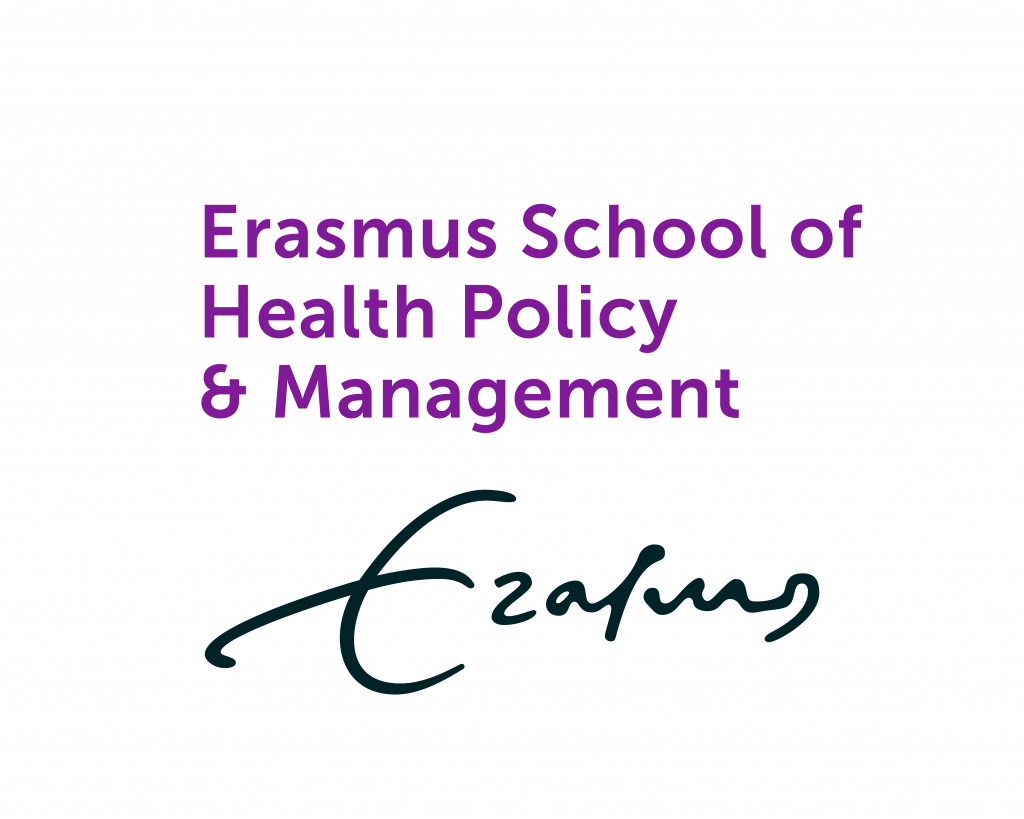CONSORTIUM MEMBERS

Contact:
Shirin Bartholdsson shirin.bartholdsson@ri.se Research Institutes of Sweden RISE is an independent, state-owned research institute. As an innovation partner for the entire society, we help develop technologies, products, services and processes contributing to a sustainable world and competitive industry. We do this in collaboration with and on behalf of the academia, private and public sector. RISE brings together problem solvers and a unique array of resources. We are researchers and scientists, analysts and inspectors, technicians and other experts needed in the work to develop the innovations of tomorrow. Together we comprise a research institute with both feet firmly on the ground, an innovation partner that is able to contribute to everything from groundbreaking research to development and testing.
RISE is an independent, state-owned research institute. As an innovation partner for the entire society, we help develop technologies, products, services and processes contributing to a sustainable world and competitive industry. We do this in collaboration with and on behalf of the academia, private and public sector. RISE brings together problem solvers and a unique array of resources. We are researchers and scientists, analysts and inspectors, technicians and other experts needed in the work to develop the innovations of tomorrow. Together we comprise a research institute with both feet firmly on the ground, an innovation partner that is able to contribute to everything from groundbreaking research to development and testing.


Contact:
Shirin Bartholdsson shirin.bartholdsson@ri.se Research Institutes of Sweden RISE is an independent, state-owned research institute. As an innovation partner for the entire society, we help develop technologies, products, services and processes contributing to a sustainable world and competitive industry. We do this in collaboration with and on behalf of the academia, private and public sector. RISE brings together problem solvers and a unique array of resources. We are researchers and scientists, analysts and inspectors, technicians and other experts needed in the work to develop the innovations of tomorrow. Together we comprise a research institute with both feet firmly on the ground, an innovation partner that is able to contribute to everything from groundbreaking research to development and testing.
RISE is an independent, state-owned research institute. As an innovation partner for the entire society, we help develop technologies, products, services and processes contributing to a sustainable world and competitive industry. We do this in collaboration with and on behalf of the academia, private and public sector. RISE brings together problem solvers and a unique array of resources. We are researchers and scientists, analysts and inspectors, technicians and other experts needed in the work to develop the innovations of tomorrow. Together we comprise a research institute with both feet firmly on the ground, an innovation partner that is able to contribute to everything from groundbreaking research to development and testing.

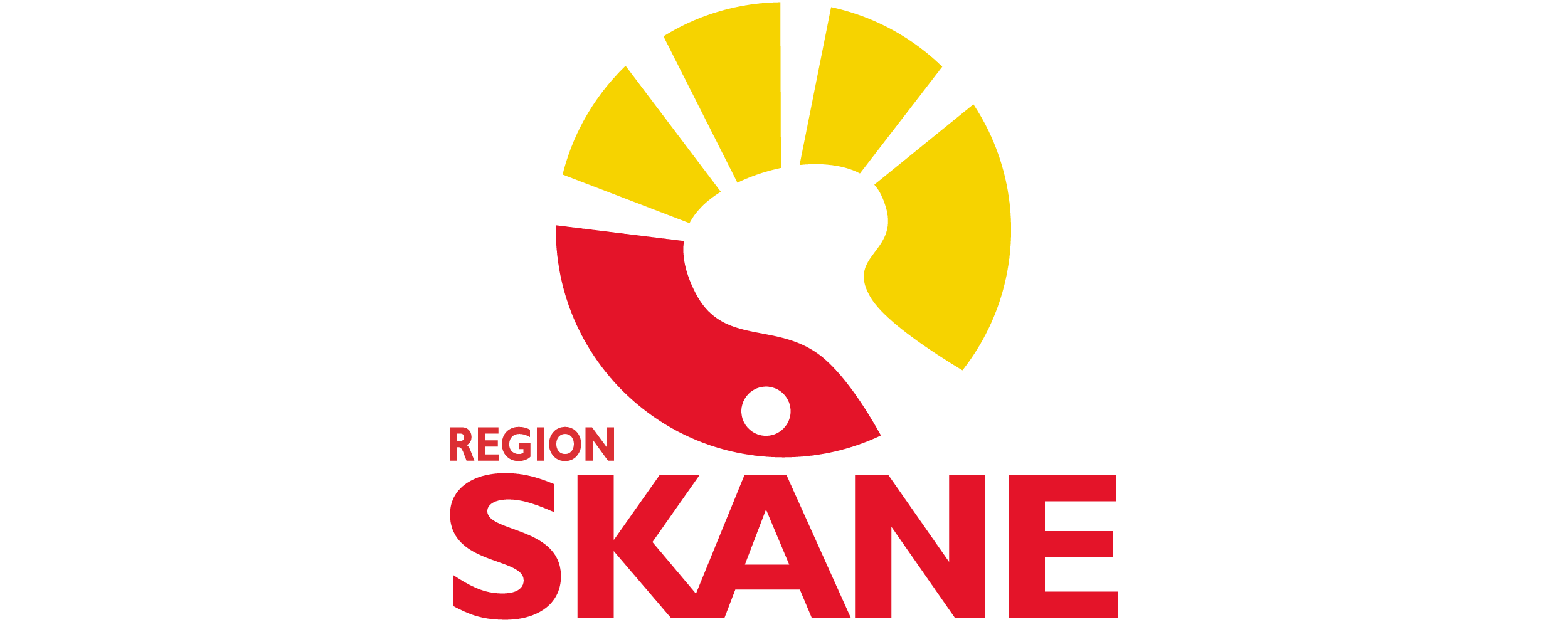
Contact:
– Region Skåne Skåne is Sweden’s southern gate to the world and has a total population of 1.37 million. Region Skåne’s mission is to promote health, growth and sustainability within healthcare, public transport, business development, culture, infrastructure, social planning as well as environmental and climate issues in Skåne. Region Skåne coordinates public and private health care in Skåne and operates both primary care and highly specialized hospital care.
Skåne is Sweden’s southern gate to the world and has a total population of 1.37 million. Region Skåne’s mission is to promote health, growth and sustainability within healthcare, public transport, business development, culture, infrastructure, social planning as well as environmental and climate issues in Skåne. Region Skåne coordinates public and private health care in Skåne and operates both primary care and highly specialized hospital care.
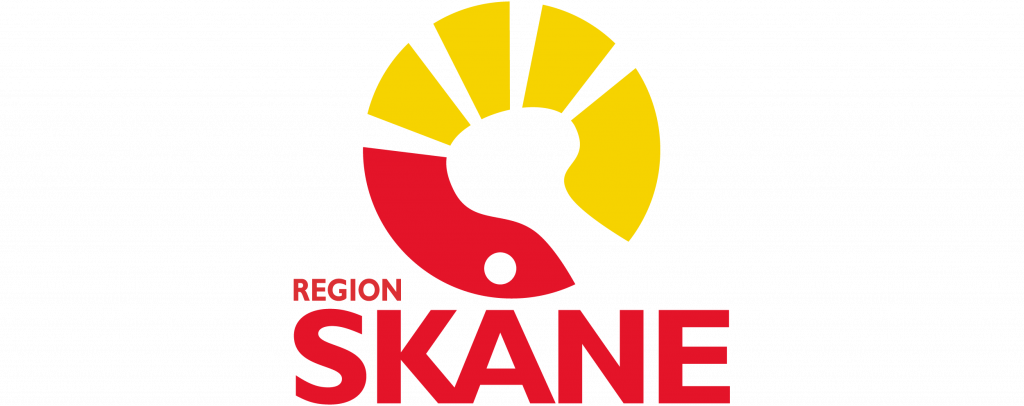

Contact:
Lovisa Demirci lovisa.demirci@innovationskane.com Innovation Skåne Innovation Skåne is Region Skåne’s innovation company and along with private and public partners, Innovation Skåne guides and develops opportunities for innovation and growth that benefit both Skåne and the rest of the world. The focus is on areas where Skåne has particular strengths and abilities to meet global needs, , e.g. challenges related to health promotion and disease prevention The unique position is at the intersection of the public and the private sectors, where Innovation Skåne has extensive experience in both types of organizations. This intersection gives Innovation Skåne a level of action that is unusual for public organizations.
Innovation Skåne is Region Skåne’s innovation company and along with private and public partners, Innovation Skåne guides and develops opportunities for innovation and growth that benefit both Skåne and the rest of the world. The focus is on areas where Skåne has particular strengths and abilities to meet global needs, , e.g. challenges related to health promotion and disease prevention The unique position is at the intersection of the public and the private sectors, where Innovation Skåne has extensive experience in both types of organizations. This intersection gives Innovation Skåne a level of action that is unusual for public organizations.


Department:
Department of Business Administration / Centre for Health GovernanceContact:
Mikael Cäker Mikael.caker@handels.gu.se University of Gothenburg Centre for Health Governance is a strategic collaboration between the School of Business, Economics and Law and the Sahlgrenska Academy. Pooled research and education within the health governance area, to generate directly applicable knowledge with significance for the health care sector. Research issues in Health Governance span a wide range, from governance and organizational issues to issues of cost-effectiveness of specific treatments. The centre takes its starting point in the many global challenges facing health care and these challenges are particularly relevant for interdisciplinary, interprofessional and cross-sectoral collaborations. In the project I5H, we work with work-package 5.1, Holistic approach to management control processes.
Centre for Health Governance is a strategic collaboration between the School of Business, Economics and Law and the Sahlgrenska Academy. Pooled research and education within the health governance area, to generate directly applicable knowledge with significance for the health care sector. Research issues in Health Governance span a wide range, from governance and organizational issues to issues of cost-effectiveness of specific treatments. The centre takes its starting point in the many global challenges facing health care and these challenges are particularly relevant for interdisciplinary, interprofessional and cross-sectoral collaborations. In the project I5H, we work with work-package 5.1, Holistic approach to management control processes.


Contact:
Edit Sebestyén edit@healthlcusternet.eu STICHTING HEALTH CLUSTERNET Stichting Health ClusterNET (SHCN) is a Dutch not-for-profit foundation in its third iteration. It has a recognised commitment to reimagining health and care that predates the economic/financial crises of 2007-2009 and the more recent and continuing impacts of the COVID-19 pandemic. We have a multidisciplinary team that helps connect science, industry and technology with health care providers and people needing care and support in order to optimise value from investments in care for health. Specifically: (a) we are an intermediary partner in EU funded projects and assignments; (b) we co-write proposals to fund research and innovation for novel interventions along the cancer care continuum, fast-tracking solutions to support active and healthy ageing, securing added value from care for health investments; (c) external evaluators and advisors and mentor start-ups and SMEs during accelerators.
Stichting Health ClusterNET (SHCN) is a Dutch not-for-profit foundation in its third iteration. It has a recognised commitment to reimagining health and care that predates the economic/financial crises of 2007-2009 and the more recent and continuing impacts of the COVID-19 pandemic. We have a multidisciplinary team that helps connect science, industry and technology with health care providers and people needing care and support in order to optimise value from investments in care for health. Specifically: (a) we are an intermediary partner in EU funded projects and assignments; (b) we co-write proposals to fund research and innovation for novel interventions along the cancer care continuum, fast-tracking solutions to support active and healthy ageing, securing added value from care for health investments; (c) external evaluators and advisors and mentor start-ups and SMEs during accelerators.


Department:
Heidelberg Institute for Global HealthContact:
Anant Jani anant.jani@uni-heidelberg.de Heidelberg University Hospital  The Heidelberg Institute of Global Health (HIGH) is one of the research institutes at the Faculty of Medicine at Heidelberg University, Germany’s oldest university. Through its research, the institute aims to contribute to improving the health of some of the sickest and poorest populations worldwide, especially in Africa and Asia. Through its teaching, the institute aims to train the next generation of global health researchers and practitioners. The research projects at the institute focus on: Identifying important disease risk factors and health care needs; Discovering new approaches to improve population health; Establishing novel models of providing health care in Africa and Asia. The institute was founded in 1962 and currently has more than 200 members.
The Heidelberg Institute of Global Health (HIGH) is one of the research institutes at the Faculty of Medicine at Heidelberg University, Germany’s oldest university. Through its research, the institute aims to contribute to improving the health of some of the sickest and poorest populations worldwide, especially in Africa and Asia. Through its teaching, the institute aims to train the next generation of global health researchers and practitioners. The research projects at the institute focus on: Identifying important disease risk factors and health care needs; Discovering new approaches to improve population health; Establishing novel models of providing health care in Africa and Asia. The institute was founded in 1962 and currently has more than 200 members.


Department:
Sustainable Communication TechnologiesContact:
Jan Håvard Skjetne jan.h.skjetne@sintef.no SINTEF Digital SINTEF is Scandinavia’s largest independent research organisation, and is a non-profit research institute wholly owned by the SINTEF Foundation. We employ more than 1700 people most of whom are based in Trondheim and Oslo (Norway). SINTEF is multidisciplinary, with international top-level expertise in a wide range of technological and scientific disciplines, medicine and the social sciences. Our company vision is “technology for a better society”, and it is an important aspect of our societal role to contribute to the creation of more jobs. SINTEF is represented in this consortium by the group Human-Computer Interaction (HCI). The HCI group has expertise in fields such as systems and service innovation, human-computer interaction, human-centred design, and studies of technology use. The HCI group, has technical competencies as well as social scientific expertise, including psychology and media sciences.
SINTEF is Scandinavia’s largest independent research organisation, and is a non-profit research institute wholly owned by the SINTEF Foundation. We employ more than 1700 people most of whom are based in Trondheim and Oslo (Norway). SINTEF is multidisciplinary, with international top-level expertise in a wide range of technological and scientific disciplines, medicine and the social sciences. Our company vision is “technology for a better society”, and it is an important aspect of our societal role to contribute to the creation of more jobs. SINTEF is represented in this consortium by the group Human-Computer Interaction (HCI). The HCI group has expertise in fields such as systems and service innovation, human-computer interaction, human-centred design, and studies of technology use. The HCI group, has technical competencies as well as social scientific expertise, including psychology and media sciences.

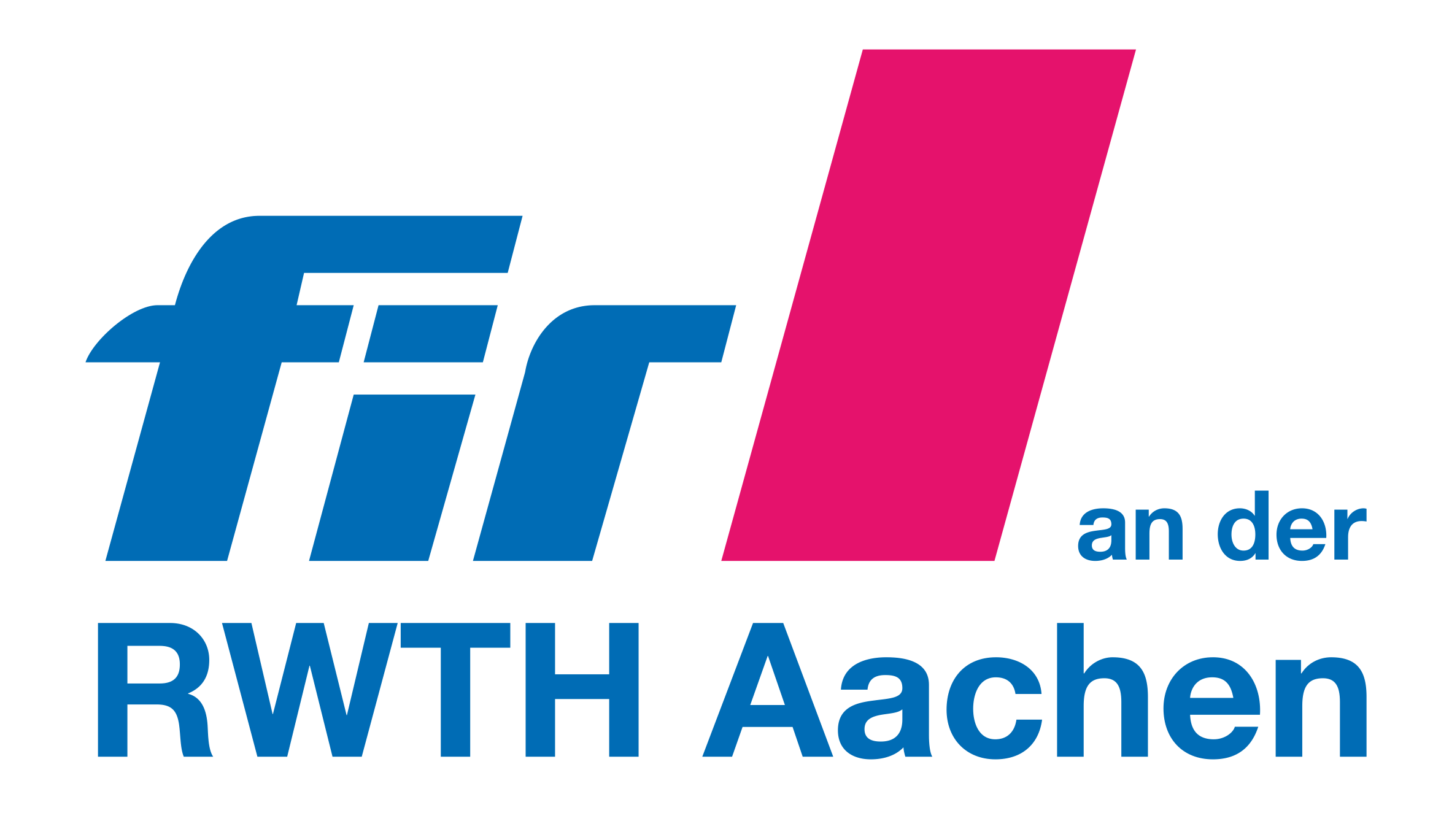
Department:
Business Transformationen, Smart Work & Service ManagementContact:
Yannick Becerra yannick.becerra@fir.rwth-aachen.de FORSCHUNGSINSTITUT FUER RATIONALISIERUNG The Institute for Industrial Management FIR is a non-profit, intersectoral research and educational institution at RWTH Aachen University concerned with business organization, information logistics and corporate IT with the aim to establish the organizational basis for the digitally integrated company of the future. Through the development and transfer of innovative solutions, FIR contributes to enhancing the competitiveness of companies. This is undertaken within an infrastructure that is ideally suited for experimental organizational research – methodologically sound, scientifically rigorous, and conducted in close collaboration with experts from business and industry. The activities focus on the application of research to industry verticals: Future Logistics, Smart Services and Smart Maintenance, Smart Commercial Buildings, and Smart Mobility. The institute provides research, qualification programs and lectures in the fields of service management, business transformation, information management, and production management. As a research institution of the Johannes-Rau-Forschungsgemeinschaft, FIR supports the research strategy of the federal state of North Rhine-Westphalia and participates in its research clusters to strengthen NRW as a hub of research and innovation. A member of the German Federation of Industrial Research Associations, FIR promotes research and development for the benefit of small, medium-sized and large businesses.
The Institute for Industrial Management FIR is a non-profit, intersectoral research and educational institution at RWTH Aachen University concerned with business organization, information logistics and corporate IT with the aim to establish the organizational basis for the digitally integrated company of the future. Through the development and transfer of innovative solutions, FIR contributes to enhancing the competitiveness of companies. This is undertaken within an infrastructure that is ideally suited for experimental organizational research – methodologically sound, scientifically rigorous, and conducted in close collaboration with experts from business and industry. The activities focus on the application of research to industry verticals: Future Logistics, Smart Services and Smart Maintenance, Smart Commercial Buildings, and Smart Mobility. The institute provides research, qualification programs and lectures in the fields of service management, business transformation, information management, and production management. As a research institution of the Johannes-Rau-Forschungsgemeinschaft, FIR supports the research strategy of the federal state of North Rhine-Westphalia and participates in its research clusters to strengthen NRW as a hub of research and innovation. A member of the German Federation of Industrial Research Associations, FIR promotes research and development for the benefit of small, medium-sized and large businesses.
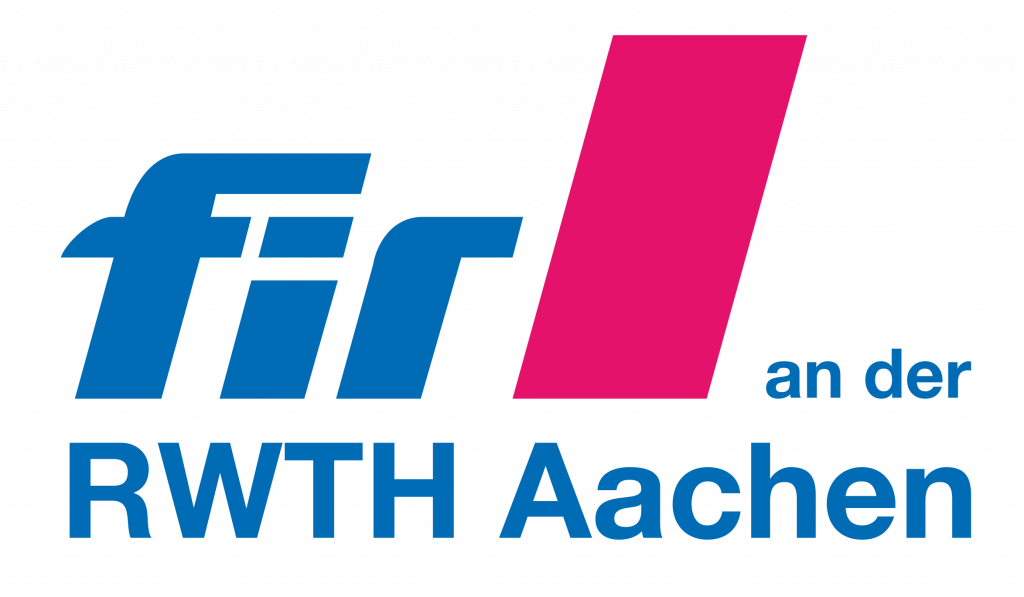

Department:
InnovationContact:
José María Romero Fidalgo jose.maria.romero.fidalgo@sergas.es Axencia Galega de Coñecemento en Saúde ACIS, Galician Health Knowledge Agency, its a public agency, linked to the Health Ministry through the Galician Health Service (SERGAS), which was created to become the chief element of the health knowledge and innovation ecosystem in Galicia. This agency manages health knowledge around 4 strategic areas: training for healthcare professionals, health research, innovation and assessing technologies.Regarding the innovation field, ACIS innovative vision includes all health system stakeholders and prioritises the transfer of the scientific results, ideas for continuous improvements, joint projects with European reference centres and also, innovative public procurement initiatives to find new solutions to the specific needs of the Galician Health System.
ACIS, Galician Health Knowledge Agency, its a public agency, linked to the Health Ministry through the Galician Health Service (SERGAS), which was created to become the chief element of the health knowledge and innovation ecosystem in Galicia. This agency manages health knowledge around 4 strategic areas: training for healthcare professionals, health research, innovation and assessing technologies.Regarding the innovation field, ACIS innovative vision includes all health system stakeholders and prioritises the transfer of the scientific results, ideas for continuous improvements, joint projects with European reference centres and also, innovative public procurement initiatives to find new solutions to the specific needs of the Galician Health System.

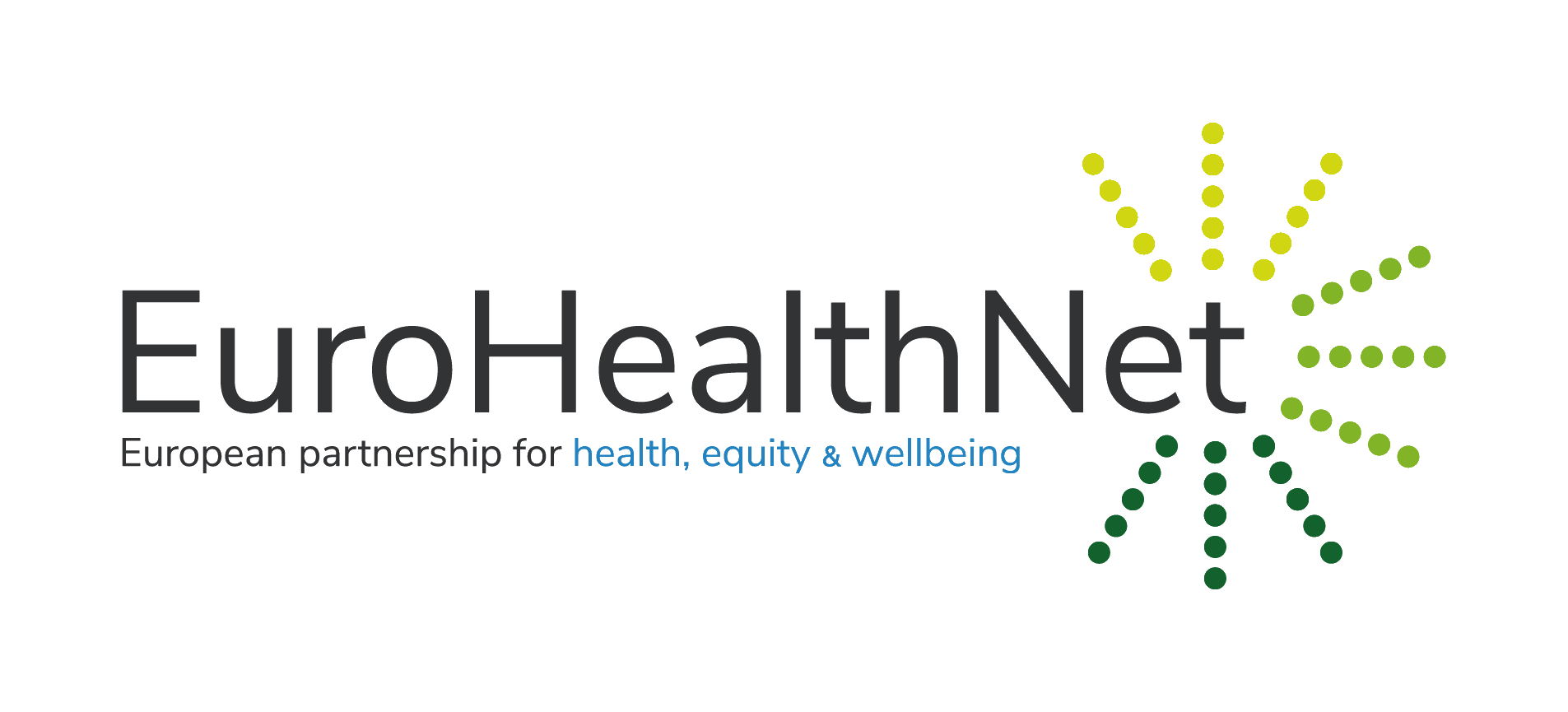
Contact:
Lina Papartyte l.papartyte@eurohealthnet.eu EuroHealthNet The EuroHealthNet partnership includes 64 members, associate members, and observers from 25 European countries. These members include national and regional public health authorities and institutes, as well as research centres, universities and non-profits who work on health promotion and disease prevention. EuroHealthNet has connections with and engages policymakers across different levels of governance and thus has a good understanding of how research-based policy recommendations can best be introduced in current policy making agendas. EuroHealthNet also has 20 years of experience participating (and leading) in European projects, developing policy tools and recommendations, as wells as facilitating knowledge transfer and translation to different contexts.
The EuroHealthNet partnership includes 64 members, associate members, and observers from 25 European countries. These members include national and regional public health authorities and institutes, as well as research centres, universities and non-profits who work on health promotion and disease prevention. EuroHealthNet has connections with and engages policymakers across different levels of governance and thus has a good understanding of how research-based policy recommendations can best be introduced in current policy making agendas. EuroHealthNet also has 20 years of experience participating (and leading) in European projects, developing policy tools and recommendations, as wells as facilitating knowledge transfer and translation to different contexts.
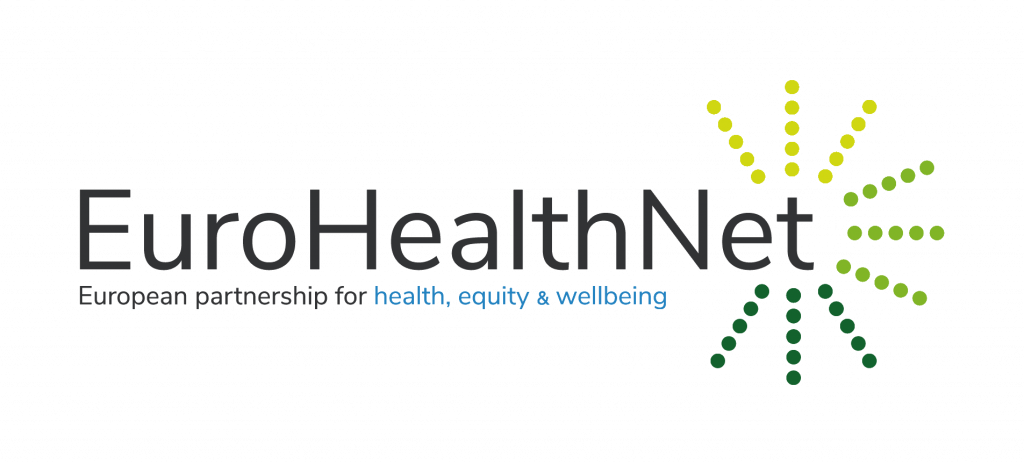
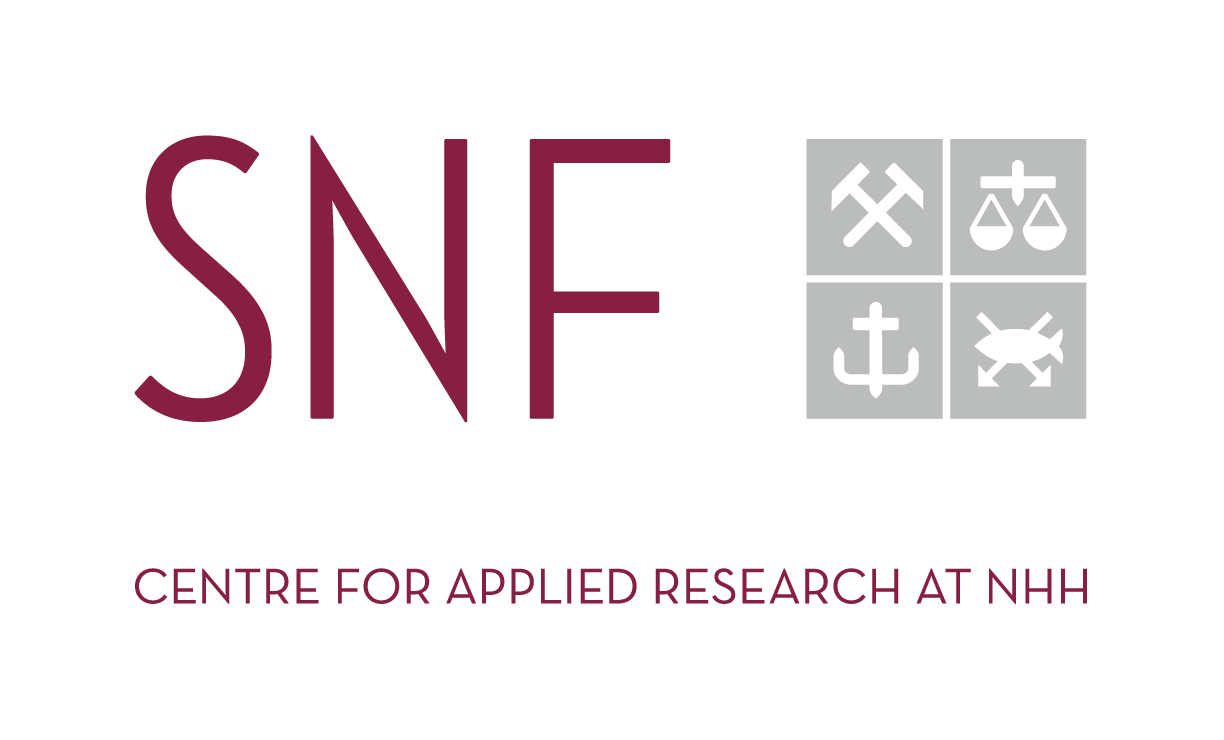
Contact:
Vidya Oruganti vidya.oruganti@nhh.no Centre for Applied Research at NHH  SNF is one of Norway’s leading research environment when it comes to applied research in economics and business administration, and has developed strong connections to other research institutions in Norway and abroad. The research is conducted by SNF’s own staff and in close collaboration with faculty members at NHH Norwegian School of Economics. The research staff of SNF consists of 20-25 full time researchers. In addition, we engage more than 100 researchers from the scientific staff of the NHH and other research institutions in Norway and abroad. This means that SNF has a broad competence base at its disposal, of which almost all have a PhDs or equivalent academic qualifications.
SNF is one of Norway’s leading research environment when it comes to applied research in economics and business administration, and has developed strong connections to other research institutions in Norway and abroad. The research is conducted by SNF’s own staff and in close collaboration with faculty members at NHH Norwegian School of Economics. The research staff of SNF consists of 20-25 full time researchers. In addition, we engage more than 100 researchers from the scientific staff of the NHH and other research institutions in Norway and abroad. This means that SNF has a broad competence base at its disposal, of which almost all have a PhDs or equivalent academic qualifications.
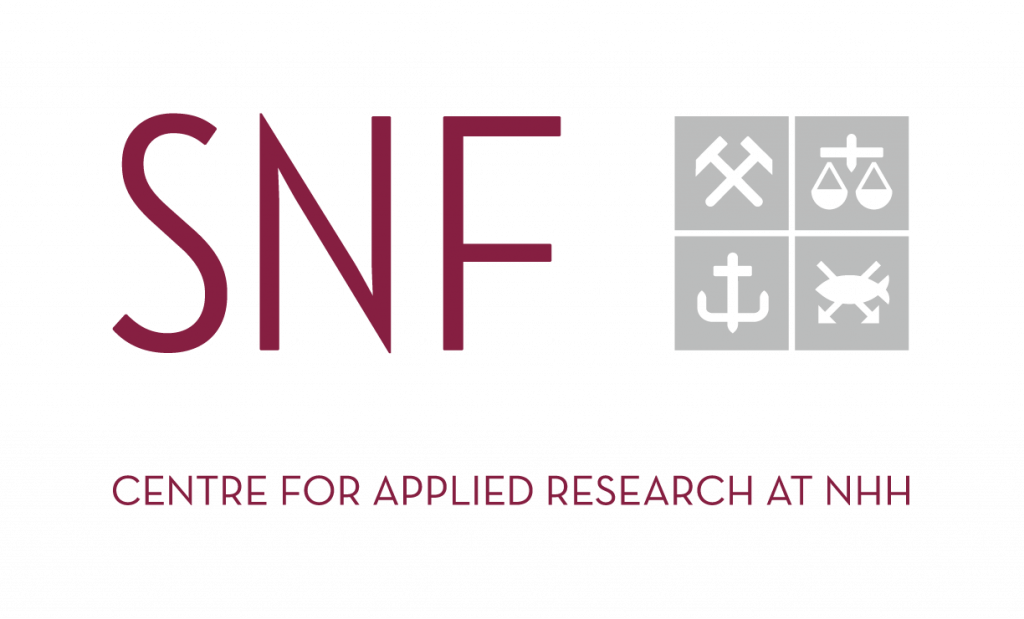
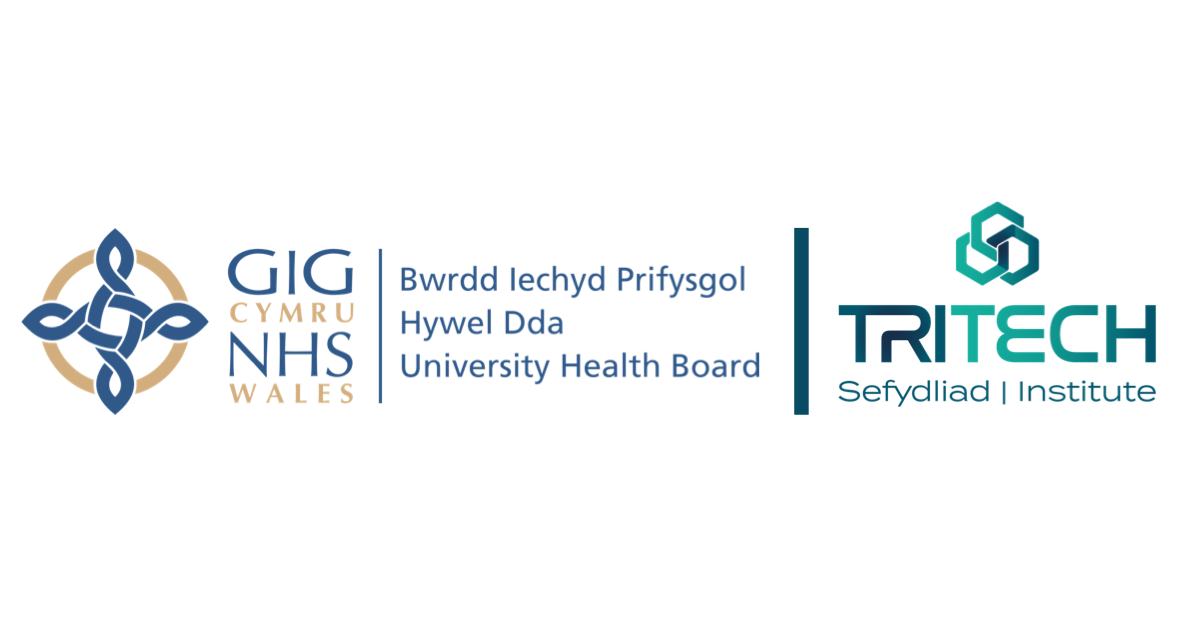
Department:
Innovation & TritechContact:
Sarah Rees sarah.rees7@wales.nhs.uk Hywel Dda University Health Board  Hywel Dda University Health Board (HDUHB) (Welsh: Bwrdd Iechyd Prifysgol Hywel Dda) is a local health board of NHS Wales covering health care services for the west of Wales. Hywel Dda University Health Board provides healthcare services to a total population of around 385,615 throughout the counties of Carmarthenshire, Ceredigion and Pembrokeshire. TriTech is a venture by Hywel Dda University Health Board offering specific services in innovative healthcare solutions. TriTech is a team of engineers, scientists, researchers, digital technologists and clinicians who make it easier to develop, test, and evaluate innovative technologies to improve their viability, including their contribution to patient outcomes, and support companies to thrive and create high quality jobs and growth.
Hywel Dda University Health Board (HDUHB) (Welsh: Bwrdd Iechyd Prifysgol Hywel Dda) is a local health board of NHS Wales covering health care services for the west of Wales. Hywel Dda University Health Board provides healthcare services to a total population of around 385,615 throughout the counties of Carmarthenshire, Ceredigion and Pembrokeshire. TriTech is a venture by Hywel Dda University Health Board offering specific services in innovative healthcare solutions. TriTech is a team of engineers, scientists, researchers, digital technologists and clinicians who make it easier to develop, test, and evaluate innovative technologies to improve their viability, including their contribution to patient outcomes, and support companies to thrive and create high quality jobs and growth.
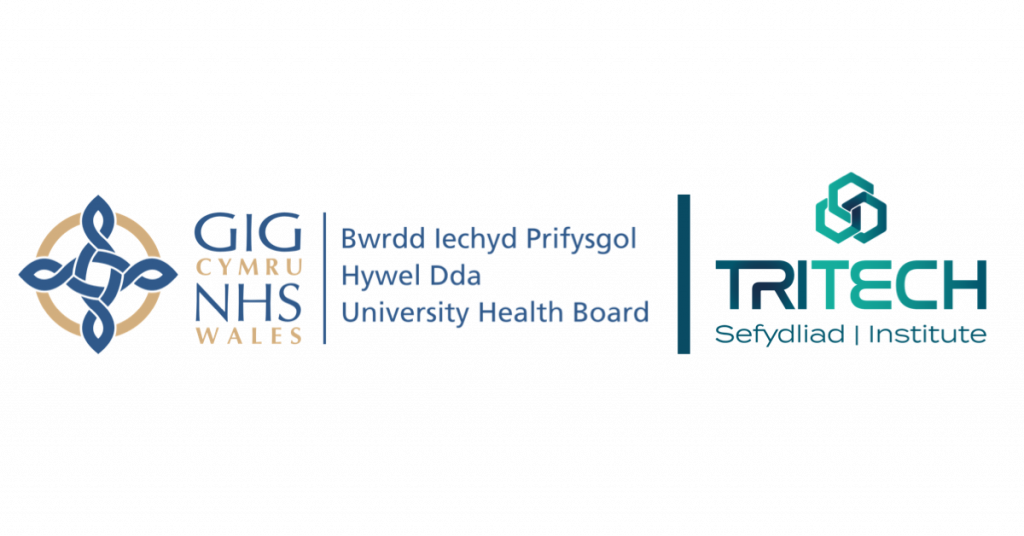

Contact:
Natale Rolim natale.rolim@norwayhealthtech.com Norway Health Tech Established in 2009, Norway Health Tech (NHT) is the most experienced cluster for the development and implementation of health technology in Norway. We have expertise in testing, funding, public-private collaboration, and international scaling. NHT has a unique network representing the whole ecosystem of important actors, such as hospitals, municipalities, public administration, research, education and industry. Our mission is to improve quality in treatment and care by developing and industrializing world class health solutions through our members and eco-system. In 2002 Norway Health Tech was awarded “Cluster Management Excellence Label GOLD” by the European Commision.
Established in 2009, Norway Health Tech (NHT) is the most experienced cluster for the development and implementation of health technology in Norway. We have expertise in testing, funding, public-private collaboration, and international scaling. NHT has a unique network representing the whole ecosystem of important actors, such as hospitals, municipalities, public administration, research, education and industry. Our mission is to improve quality in treatment and care by developing and industrializing world class health solutions through our members and eco-system. In 2002 Norway Health Tech was awarded “Cluster Management Excellence Label GOLD” by the European Commision.

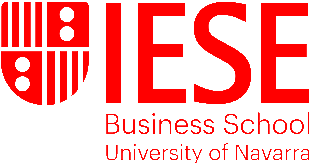
Department:
Center for Research in Healthcare Innovation Management (CRHIM)Contact:
Shabs Rajasekharan srajasekharan@iese.edu IESE Business School At the Center for Research in Healthcare Innovation Management (CRHIM), part of the IESE business School in Barcelona, we investigate innovation management in the health sector, with a particular focus on health system reforms; patient mobility; risk, operations and quality management; and optimization of the value chain. The IESE Business School is the graduate business school of the University of Navarra and has campuses in Barcelona, Madrid, Munich, New York and São Paulo. It offers an executive MBA and executive education courses and is often voted one of the top business schools in the world.
At the Center for Research in Healthcare Innovation Management (CRHIM), part of the IESE business School in Barcelona, we investigate innovation management in the health sector, with a particular focus on health system reforms; patient mobility; risk, operations and quality management; and optimization of the value chain. The IESE Business School is the graduate business school of the University of Navarra and has campuses in Barcelona, Madrid, Munich, New York and São Paulo. It offers an executive MBA and executive education courses and is often voted one of the top business schools in the world.


Contact:
Apostolos Tsiachristas apostolos.tsiachristas@phc.ox.ac.uk
University of Oxford The University of Oxford is a complex and stimulating organisation, which employs an international reputation as a world-class centre of excellence in research and teaching. It employs over 10,000 staff and has a student population of over 22,000. There is also over 1,600 academic staff (professors, readers, lecturers), whose appointments are in the main overseen by a combination of broader divisional and local faculty board/departmental structures.
The University of Oxford is a complex and stimulating organisation, which employs an international reputation as a world-class centre of excellence in research and teaching. It employs over 10,000 staff and has a student population of over 22,000. There is also over 1,600 academic staff (professors, readers, lecturers), whose appointments are in the main overseen by a combination of broader divisional and local faculty board/departmental structures.


Contact:
Balázs Babarczy balazs.babarczy@syreon.eu Syreon Research Institute Syreon Research Institute is an independent research oriented company led internationally by Prof. Zoltán Kaló, Prof. Zoltán Vokó and Prof. Paul Keown. It has been providing expert services since 2008 in the fields of evidence synthesis, health economics, health policy and public health, and conducts training for public health care institutes, the pharmaceutical and health services sector. Scientists of SRI are experts at the interface of clinical research and economic evaluation and have published widely in this area. The Institute partners with an elite portfolio of global pharmaceutical corporations, emerging biotechnology companies, public health institutes, and academic networks. The company has a strategic partnership with Syreon Corporation which is a clinical research organization (CRO) specializing in the use of digital information technologies to support the rapid pace and scope of drug evaluation and health systems research.
Syreon Research Institute is an independent research oriented company led internationally by Prof. Zoltán Kaló, Prof. Zoltán Vokó and Prof. Paul Keown. It has been providing expert services since 2008 in the fields of evidence synthesis, health economics, health policy and public health, and conducts training for public health care institutes, the pharmaceutical and health services sector. Scientists of SRI are experts at the interface of clinical research and economic evaluation and have published widely in this area. The Institute partners with an elite portfolio of global pharmaceutical corporations, emerging biotechnology companies, public health institutes, and academic networks. The company has a strategic partnership with Syreon Corporation which is a clinical research organization (CRO) specializing in the use of digital information technologies to support the rapid pace and scope of drug evaluation and health systems research.

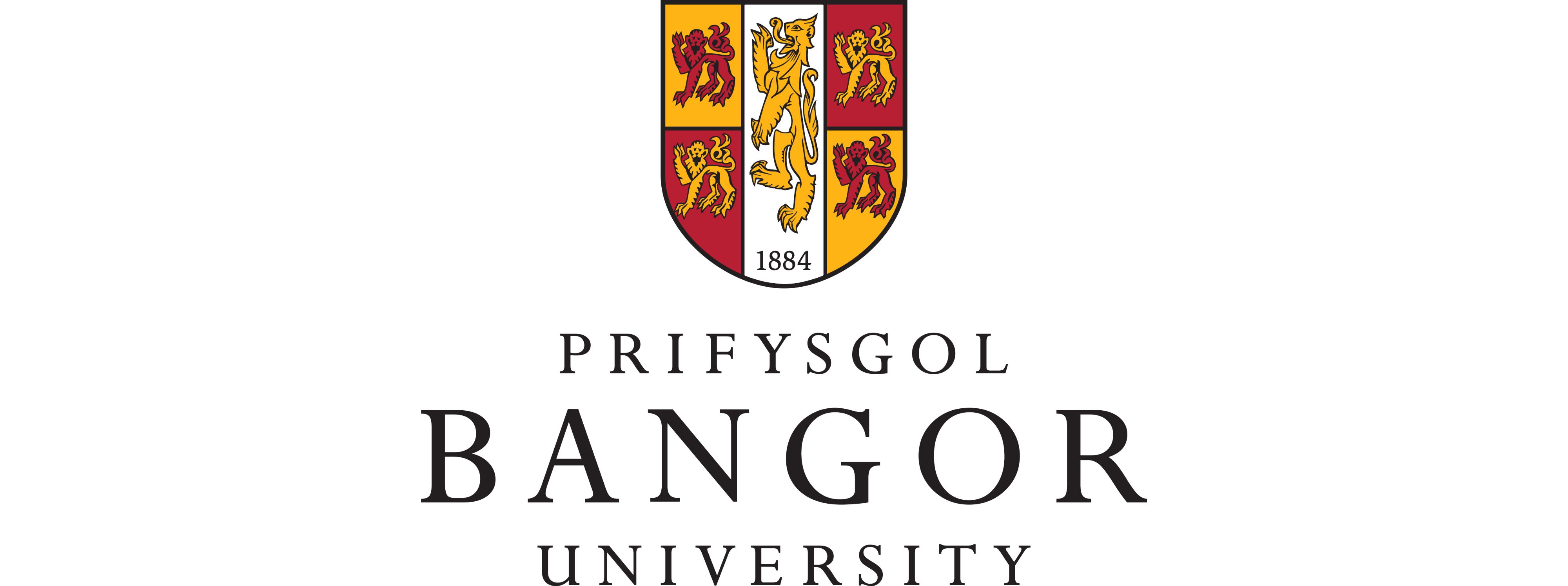
Department:
Centre for Health Economics and Medicines EvaluationContact:
Professor Rhiannon Tudor Edwards r.t.edwards@bangor.ac.uk Holly Whiteley h.whiteley@bangor.ac.uk Bangor University Founded in 1884, Bangor University has a long tradition of academic excellence and a strong research focus. The Centre for Health Economics & Medicines Evaluation (CHEME), within the School of Medical and Health Sciences, was co-founded by Professor Rhiannon Tudor Edwards and Professor Dyfrig Hughes in 2001. The Centre is one of the leading health economics centres in the UK and the biggest health economists research group in Wales, active across a range of health economic and medicines evaluation research activities, including preventative public health economics and the health economics of psychosocial interventions and other non-pharmacological health technologies, led by Professor Rhiannon Tudor Edwards. PHERG adopts a life-course model applying methods of health economics evaluation to trials and other study designs in the evaluation of public health and psychosocial interventions at both a programme and system level, offering a depth and breath of public health economics knowledge, skills and expertise with a particular focus on ’shifting’ inter-sectoral public health care interventions, approaches and funding towards prevention. CHEME also hosts the Social Value Hub – an organisational member of Social Value UK that offers support, advice, training and consultancy to help organisations measure and communicate the social impact and value they create for people and the environment. The Social Value Hub utilises a range of qualitative, quantitative and financial methods, including Social Return on Investment and Realist Evaluation, to understanding, measuring and monetising social, environmental and economic outcomes and producing robust return on investment analyses. At a broader scale, Professor Rhiannon Tudor Edwards and PHERG have played a key role in developing methodology for the economic evaluation of public health interventions and Professor Rhiannon Tudor Edwards has also co-edited a textbook for Oxford University Press entitled “Applied Economic Evaluation for Public Health Research and Practice”, showcasing CHEME and PHERG research in public health economics.
Founded in 1884, Bangor University has a long tradition of academic excellence and a strong research focus. The Centre for Health Economics & Medicines Evaluation (CHEME), within the School of Medical and Health Sciences, was co-founded by Professor Rhiannon Tudor Edwards and Professor Dyfrig Hughes in 2001. The Centre is one of the leading health economics centres in the UK and the biggest health economists research group in Wales, active across a range of health economic and medicines evaluation research activities, including preventative public health economics and the health economics of psychosocial interventions and other non-pharmacological health technologies, led by Professor Rhiannon Tudor Edwards. PHERG adopts a life-course model applying methods of health economics evaluation to trials and other study designs in the evaluation of public health and psychosocial interventions at both a programme and system level, offering a depth and breath of public health economics knowledge, skills and expertise with a particular focus on ’shifting’ inter-sectoral public health care interventions, approaches and funding towards prevention. CHEME also hosts the Social Value Hub – an organisational member of Social Value UK that offers support, advice, training and consultancy to help organisations measure and communicate the social impact and value they create for people and the environment. The Social Value Hub utilises a range of qualitative, quantitative and financial methods, including Social Return on Investment and Realist Evaluation, to understanding, measuring and monetising social, environmental and economic outcomes and producing robust return on investment analyses. At a broader scale, Professor Rhiannon Tudor Edwards and PHERG have played a key role in developing methodology for the economic evaluation of public health interventions and Professor Rhiannon Tudor Edwards has also co-edited a textbook for Oxford University Press entitled “Applied Economic Evaluation for Public Health Research and Practice”, showcasing CHEME and PHERG research in public health economics.
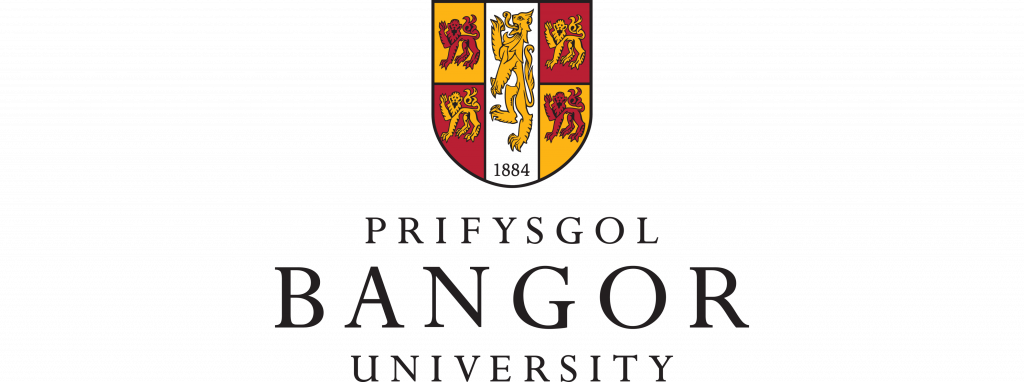
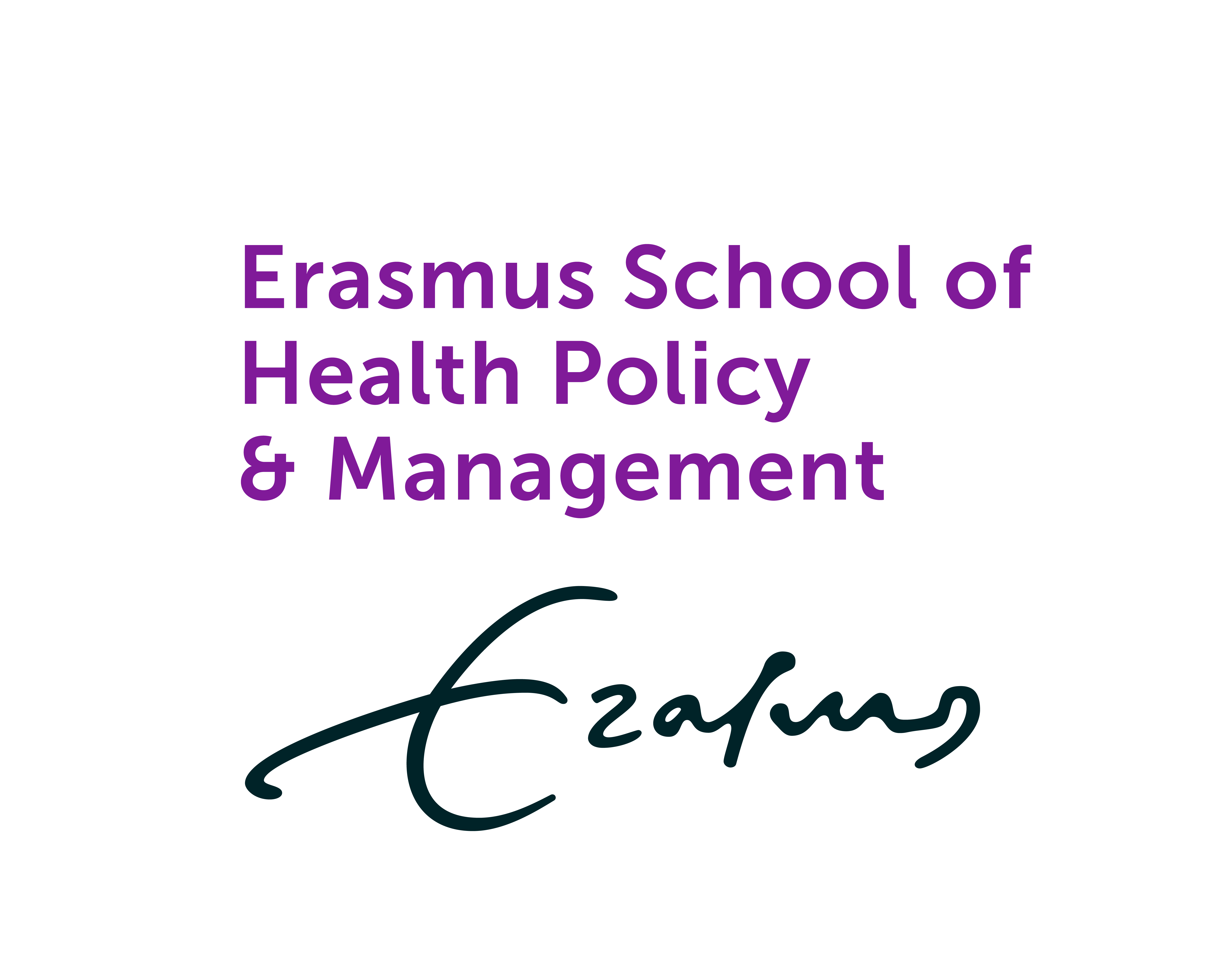
Department:
Erasmus School of Health Policy and ManagementContact:
Maureen Rutten m.rutten@eshpm.eur.nl Erasmus University Rotterdam Erasmus University Rotterdam (EUR) is an internationally oriented university focused on creating societal impact. With 3,700 academics, nearly 33,000 students from 140+ countries, we embody The Erasmian Way – Making Minds Matter. Our global outlook, entrepreneurial spirit & social engagement define EUR’s unique profile. Diverse employees collaborate to address societal challenges in Rotterdam, a dynamic and cosmopolitan city. Our research & education quality allow us to compete with top European universities. Erasmus School of Health Policy & Management (ESHPM) is within EUR, affiliated with the Faculty of Medicine and Health Sciences and Erasmus Medical Centre. ESHPM excels in healthcare sciences and policy, offering various programs to 1,500+ students. Recent international research audits rated ESHPM’s research as excellent (20/20). It values empirical, multidisciplinary research with high impact, actively participating in international projects. ESHPM is organized into 7 research departments with strong ties to iMTA and ECZB, specializing in Health Technology Assessment and Health Business Administration. The unique combination of policy sciences, sociology, economics, management, and law enables world-leading research and educates future healthcare leaders. ESHPM is a core Faculty in Convergence Alliance (TU Delft, EUR, and Erasmus MC) & Leiden-Delft-Erasmus (LDE), exploring areas like Health & Technology, Resilient Cities, Pandemic Preparedness, and Healthy Society.
Erasmus University Rotterdam (EUR) is an internationally oriented university focused on creating societal impact. With 3,700 academics, nearly 33,000 students from 140+ countries, we embody The Erasmian Way – Making Minds Matter. Our global outlook, entrepreneurial spirit & social engagement define EUR’s unique profile. Diverse employees collaborate to address societal challenges in Rotterdam, a dynamic and cosmopolitan city. Our research & education quality allow us to compete with top European universities. Erasmus School of Health Policy & Management (ESHPM) is within EUR, affiliated with the Faculty of Medicine and Health Sciences and Erasmus Medical Centre. ESHPM excels in healthcare sciences and policy, offering various programs to 1,500+ students. Recent international research audits rated ESHPM’s research as excellent (20/20). It values empirical, multidisciplinary research with high impact, actively participating in international projects. ESHPM is organized into 7 research departments with strong ties to iMTA and ECZB, specializing in Health Technology Assessment and Health Business Administration. The unique combination of policy sciences, sociology, economics, management, and law enables world-leading research and educates future healthcare leaders. ESHPM is a core Faculty in Convergence Alliance (TU Delft, EUR, and Erasmus MC) & Leiden-Delft-Erasmus (LDE), exploring areas like Health & Technology, Resilient Cities, Pandemic Preparedness, and Healthy Society.
